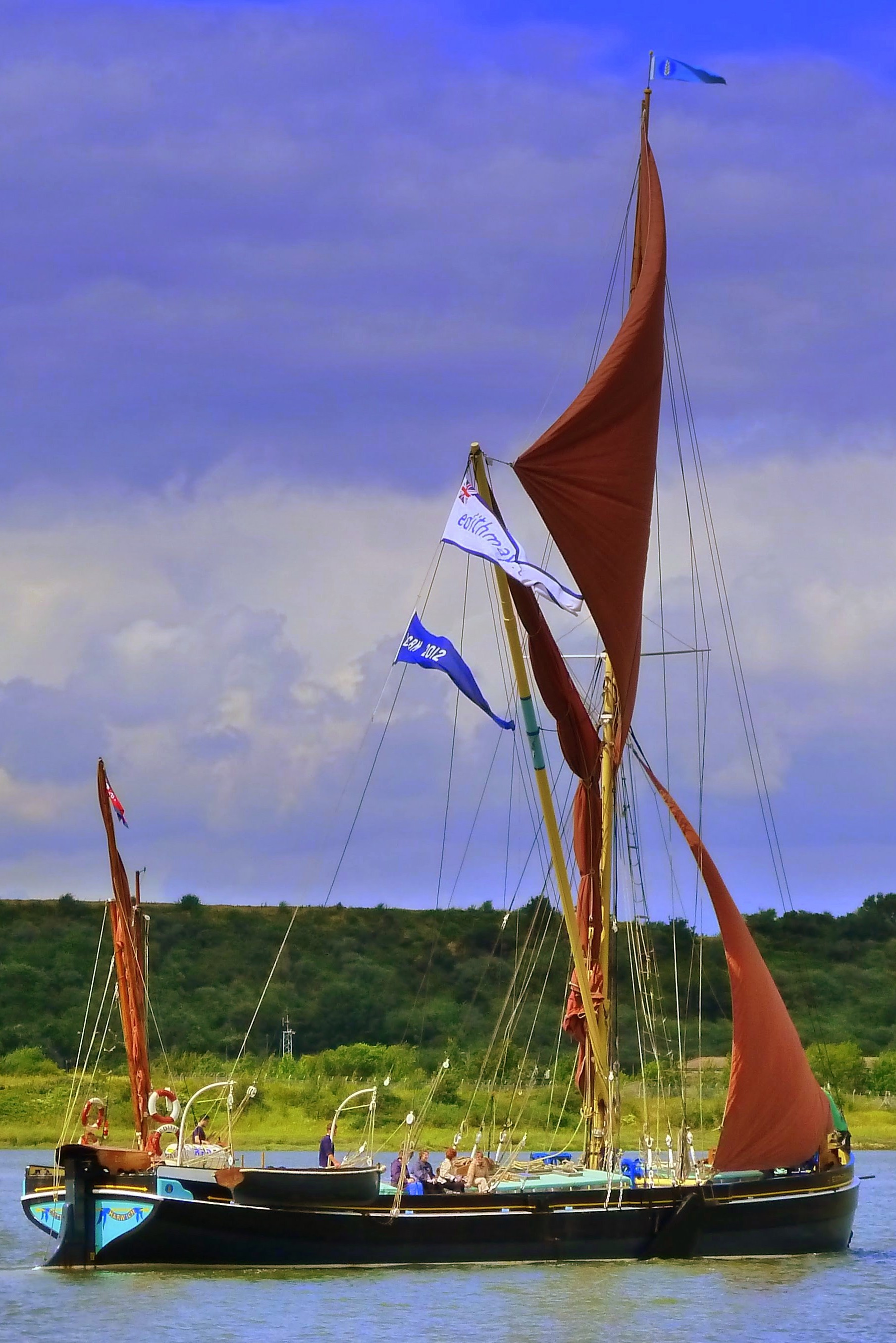|
Henry Dodd
William Henry Dodd (died 1881), "The Golden Dustman", raised the status of Thames bargemen, and aimed to improve the performance of the Thames sailing barges. 1863, 1864 and 1865 saw the first Thames barge races. These continued unbroken until 1938. There were two classes, one for stumpies (under 80 tons) and one for heavier (under 100 tons) topsail barges. They were fiercely competitive – and soon new barges were being built, using the improved techniques learnt, just to win the next year's race. The Medway races started in 1880. They were begun in 1863 by a wealthy owner called Henry Dodd. Dodd was a ploughboy from Metropolitan Borough of Hackney, Hackney, London, who made his fortune carrying the city's waste to the country on the barges. He may well have been the model for Charles Dickens's character the Golden Dustman in ''Our Mutual Friend''. On his death in 1881, Dodd left £5000 for future match prizes. References ;Bibliography * * * {{DEFAULTSORT:Dodd, Henry Da ... [...More Info...] [...Related Items...] OR: [Wikipedia] [Google] [Baidu] |
Thames Sailing Barge
A Thames sailing barge is a type of commercial sailing boat once common on the River Thames in London. The flat-bottomed barges with a shallow draught and leeboards, were perfectly adapted to the Thames Estuary, with its shallow waters and narrow tributary rivers. The larger barges were seaworthy vessels, and were the largest sailing vessel to be handled by just two men. The average size was about 120 tons and they carried of canvas sail in six working sails. The mainsail was loose-footed and set up with a sprit, and was brailed to the mast when not needed. It is sheeted to a horse, as is the foresail; they require no attention when tacking. The foresail is often held back by the mate to help the vessel come about more swiftly. The topsail was usually first sail on and last sail off, being fixed to the topmast by hoops. In the upper reaches of the rivers and constricted harbours it reached into the clear air, and when approaching a berth casting off the halliard would drop it ... [...More Info...] [...Related Items...] OR: [Wikipedia] [Google] [Baidu] |
